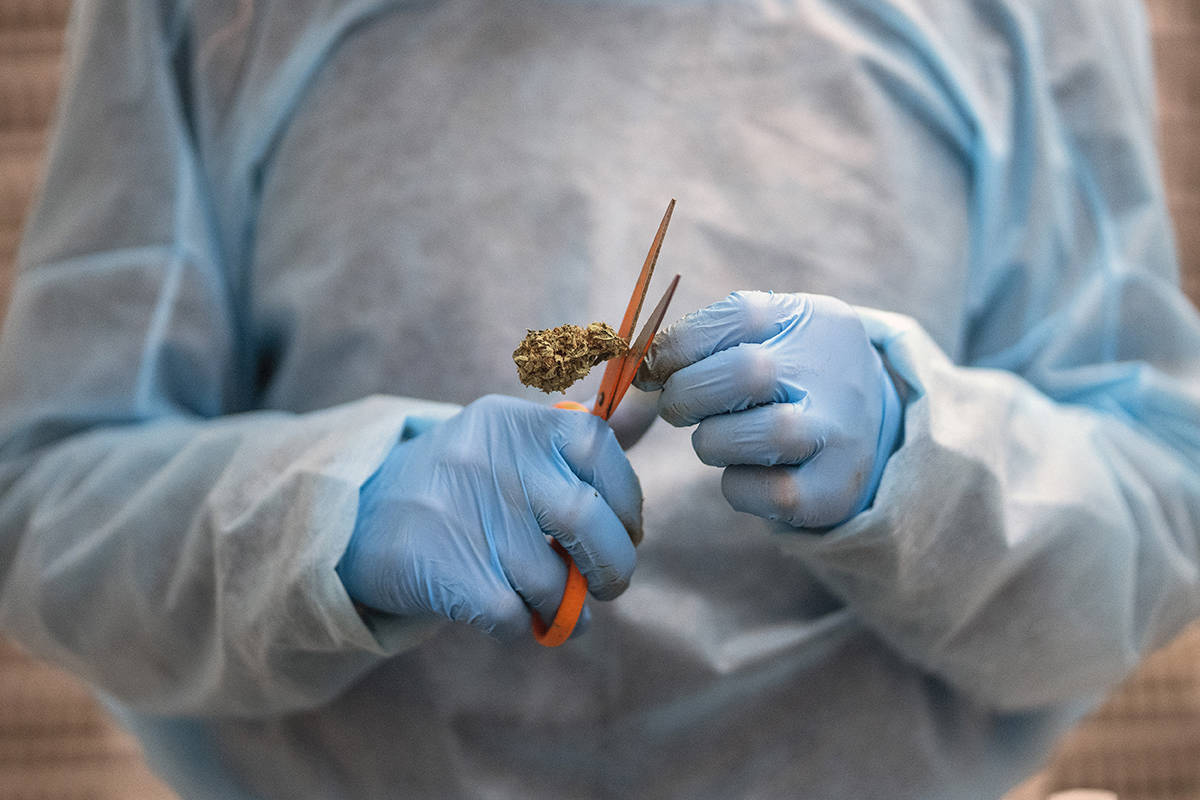By Salina May
Washington State researchers have unveiled some promising research when it comes to smoking cannabis and the effects on people with obsessive-compulsive disorder.
Roughly one to two per cent of Canadians have an OCD diagnosis, which is described by doctors as common with long-lasting symptoms where a person has recurring thoughts that they are unable to control, as well as repetitive behaviours.
Here’s how the study worked: Washington State University researchers asked people who self-identify as having OCD to enter their information into a Canadian-made app, called Strainprint. Eighty-seven people took part.
Those individuals logged 1,800 cannabis smoking sessions over 31 months.
Carrie Cuttler, researcher and assistant professor of psychology, said the results were mixed and based on the psychoactive percentages in the cannabis smoked, as well cannabidiol.
“The results overall indicate that cannabis may have some beneficial short-term but not really long-term effects on obsessive-compulsive disorder,” Cuttler said.
“To me, the CBD findings are really promising because it is not intoxicating. This is an area of research that would really benefit from clinical trials looking at changes in compulsions, intrusions and anxiety with pure CBD.”
READ MORE: ‘Maskne’ on the rise but don’t worry, you can use CBD to treat it
The participants reported that their compulsions were reduced by 60 per cent in the study time period. Meanwhile, intrusive or unwanted thoughts were reduced by 49 per cent, and anxiety was down 52 per cent.
The data also showed that higher doses of cannabis, and especially strains with higher levels of the non—psychoactive compound CBD, were linked to larger decreases in compulsive symptoms.
As the study participants continued to use cannabis over the longer term, some tolerance was observed with the reductions in intrusive thoughts becoming slightly smaller, but overall the connection between cannabis and reduced compulsions and anxiety remained about the same over time.
Conventional treatments for reducing OCD symptoms include exposure and response prevention therapy, as well as prescribed medications such as serotonin re-uptake inhibitors (SSRIs). These do not cure OCD, and are not one-size-fits-all, but they do have positive effects for many patients.
Cannabis and CBD should be studied further in human clinical trials as a new treatment for OCD patients, and can hopefully become a new tool in the treatment toolbox to help patients reduce their OCD symptoms.

